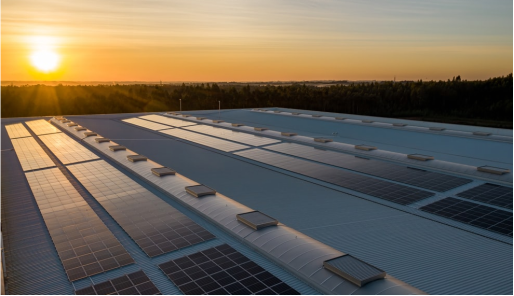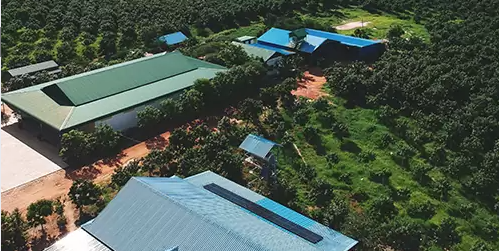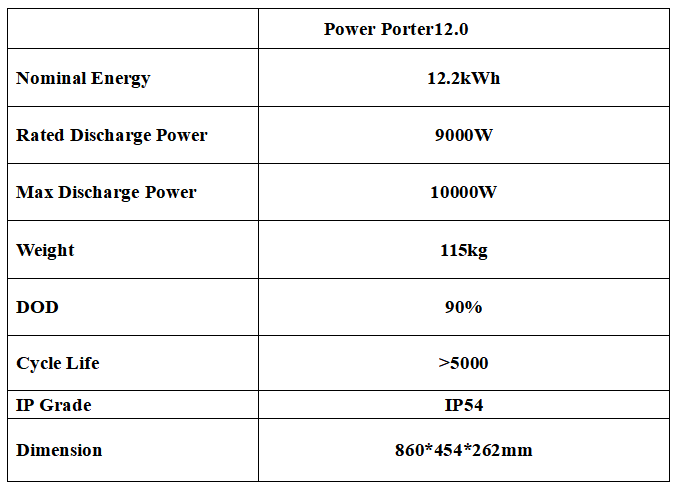
The battery energy storage system is a new type of renewable energy storage that stores solar power in batteries when the sun is not shining. In this guide, learn about the battery energy storage system and how it can provide sustainable energy for agriculture.
What is the Current Market Trend for Solar Energy Storage Systems?
The solar energy industry began to take off in 2008. With an increase in the availability of residential solar panels and government support of renewable energy sources, more people are starting to utilize solar power. The battery energy storage system market is rapidly expanding, with solar energy storage becoming a very important aspect of the overall market. According to the report by Navigant Research, “The global battery energy storage systems market for renewable power generation is expected to grow exponentially over the next decade.”
A Comparison of Two Types of Solar Batteries Systems: Lead Acid and Lithium-Ion Battery
Lead Acid Battery: Leads contain water, sulphuric acid, and electrolytes. The lead is oxidized when the battery is charged, turning lead dioxide into lead sulfate. The result is a reduction in the size of the battery, which means that it can be stored anywhere with less space.
Lithium-Ion Battery: Lithium ions move from one electrode to another through a circuit containing two electrodes and an electrolyte. This type of battery will have a high energy density resulting in a higher voltage and lighter weight than lead-acid batteries. What’s more, lithium-ion batteries are truly green because they do not contain harmful elements like mercury, lead, and cadmium. Therefore, lithium-ion batteries are more environmentally friendly compared with traditional lead-acid batteries.
When looking for a battery system for your solar electric system, the type of battery is a significant factor. Lead-acid batteries are inexpensive and plentiful. However, lithium-ion batteries have higher energy densities and have greater longevity because they can be charged faster than lead-acid batteries. nRuiT battery energy storage system adopts lithium iron phosphate battery, suitable for home energy storage, commercial, and industries fields.
nRuiT Successful Project
Farm Off-grid System in Cambodia
Challenges: Our customers require stable energy storage systems to prevent unwarranted interruptions in the power supply during mudslides, floods, and storms.
Solutions: Jinko Solar 5kW / nRuiT HES 12.2 kWh
Result: The energy storage system meets the power demand of the farm and stabilizes the power output; The customer can control and monitor it remotely.

Recommended Product
(Contact our energy storage system expert to get more details!)
Conclusion
The energy storage system is a future-ready technology used for renewable energy. It helps to reduce intermittent power and ensure supply stability. In addition, the energy storage system is reliable and can maintain its charge even in a storm or under heavy load. Therefore, investing in the nRuiT battery energy storage system is the right choice! Call us today!


